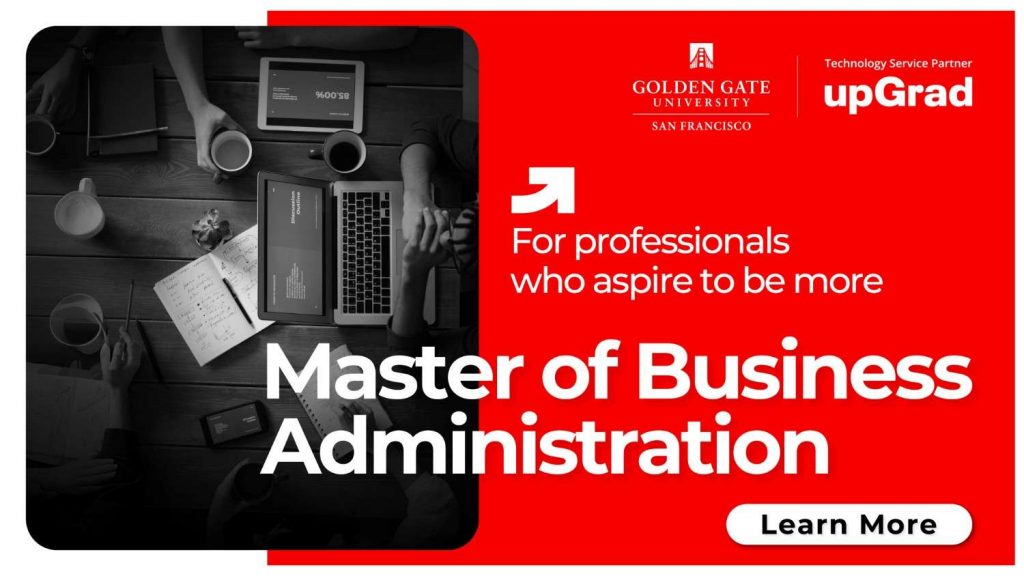Singapore is one of the most popular work destinations in the world, thanks to its highly preferred global work culture and dynamic economy. The country offers ample job opportunities for all types of job seekers, from fresh graduates to experienced professionals.
It is thus crucial to familiarise yourself with the Singaporean professional landscape to tap into its immense potential. Knowing how to navigate the local job market, understanding visa requirements, and using job portals can help unlock exciting work opportunities in this thriving hub.
Learn all about how to get a job in Singapore and the prospective pay packages in the country, and secure your future in this booming economic landscape.
What Job Seekers Must Know About Getting Jobs in Singapore
Finding your dream job in Singapore requires a basic understanding of the key skills employers seek and the local employment regulations. It is crucial to build skills that are in high demand and align with industry requirements, and to leverage your network to boost your employability prospects.
The table below summarises the key factors to consider when looking for a job in Singapore:
| Aspect | What Job Seekers Must Know |
| Employment Pass & Work Visas | Sponsored by employers, an Employment Pass is meant for managers, international professionals, and executives in Singapore. A work permit and S Pass are required for semi-skilled and mid-skilled workers, respectively. |
| Local Job Market Trends | Low unemployment rates (approx 2.1% in 2025) |
| Hiring Culture | Growth in hiring was witnessed in the health, finance, social work, insurance, and communications sectors |
| Language & Communication | English is the primary business language used across sectors; communication is professional and clear |
| Resume & CV Expectations | Tailor your CV to meet specific job descriptions and requirements, highlight achievements, especially relevant certifications completed |
Source: ETHR World
1. Employment Pass & Work Visas
This is your answer to the perpetual question on your mind: “How can I get a job in Singapore?” The first and foremost step is obtaining a relevant work visa or permit that legally entitles you to work in the country. Singapore offers the Employment Pass along with a few other valid work visas to job seekers, such as the S Pass and Work Permit.
Also read: Quantitative Market Research Jobs
2. Local Job Market Trends
One of the best ways to find a job in Singapore is to evaluate recent and current market trends. They help you get a fair idea of what the market is behaving like in terms of employment, and you can adapt your job search accordingly. The Singaporean job market is gradually shifting towards the green, digital, and healthcare sectors.
Also read: Quantitative Market Research Methods
3. Singapore’s Hiring Culture
The hiring culture and mindset of employers are also changing, which is a key determinant when seeking a job in the Singaporean professional landscape. There is greater emphasis on candidate skills, overall merit, and adaptability than on formal academic credentials.
Also read: AI in Hiring: What HR Professionals Need to Know?
4. Language & Communication
To get work in Singapore, you must understand the primary mode of communication in the professional world. English is the primary business language across all industries and sectors. It is thus crucial to build strong English communication skills.

5. Resume & CV Expectations
Job seekers in Singapore should keep this point in mind during the job search. Make sure to create resumes that are clear, concise, professional, and customised to the requirements of each role.
Also read: Soft Skills That Will Make Your Resume Stand Out
Step-by-Step Job Search Process in Singapore
Finding a job in Singapore that best aligns with your academic background and career aspirations requires a structured approach. This can be a combination of thoughtful research, preparation, and networking.
Given below is a step-by-step process that can help you navigate the competitive job landscape of Singapore and also land the perfect job:
Step 1: Identify your career goals
Get clarity on the job role that best defines you and your career objectives. Narrow down these roles into the industry that you prefer to work in and the seniority level you aim to start at – entry/fresher, mid-level, and senior.
Step 2: Begin your research
Once you’re clear on your career goals, you can start researching job roles in the Singaporean job market. Look out for sectors currently hiring, the skills they require, and average salary ranges.
Step 3: Update your CV
This is one of the key steps in your job search in Singapore. Before applying for any role that you deem suitable in your research, make sure that you have updated your resume or CV with the latest details (achievements, academic or professional milestones, marital and employment status, etc).
Step 4: Network
This too is a crucial step in the job-search process. Professional networking can significantly help land your dream job. Avoid immediate job requests; instead, engage in informational exchange chats to build long-term connections.
Step 5: Apply thoughtfully
Prioritise quality over quantity, and avoid applying randomly to every job role you come across. Instead, look for roles where you can make a significant contribution through your skills.
Also read: Singapore’s Booming Job Market: Why an MBA is a Great Investment
How upGrad Helps You Land a Singapore Job
upGrad Singapore, the popular digital learning platform, supports job seekers in Singapore by combining the proper knowledge with career support. The platform offers a wide array of courses to learners of varied backgrounds. Depending on your career aspirations, you can choose to pursue a course from a top international university on upGrad.
Some of our best offerings include:
- Master of Education from the University of Massachusetts Lowell (UMass Lowell)
- Master of Business Administration from Golden Gate University
- Master of Science in Data Science from Liverpool John Moores University
- MBA from O.P. Jindal Global University
🎓 Explore Our Top-Rated Courses in Singapore
Take the next step in your career with industry-relevant online courses designed for working professionals in Singapore.
- DBA Courses in Singapore
- Data Science Courses in Singapore
- MBA Courses in Singapore
- Master of Education Courses in Singapore
- AI ML Courses in Singapore
- Digital Marketing Courses in Singapore
- Product Management Courses in Singapore
- Generative AI Courses in Singapore
FAQs on Process of Finding Job in Singapore
The job market in Singapore is reasonably competitive, driven by the evolution of AI and automation and the growing need for skilled professionals in these technologies.
No, it is not necessary to obtain a degree from a Singaporean university to get a job in the country. Many job roles today do not require formal education but industry-specific skills from candidates.
Yes, many Singaporean industries use both Power BI and Tableau. A few examples include insurance, finance, and technology.
This may vary from one professional to another, as well as based on many other factors. You first need to obtain an Employment Pass to work in Singapore. This may take a few weeks.
Make sure your resume gives a clean, crisp, and professional look when sharing it with employers in Singapore. Also, highlight your main academic and professional achievements in the CV.





















